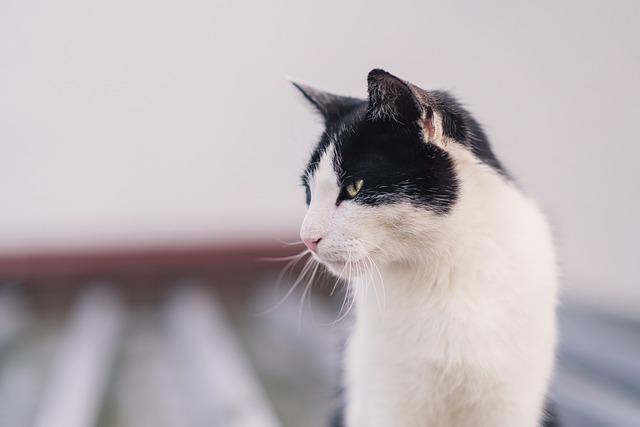
What to Do When Your Cat Refuses Milk
Many people who are new to cat ownership, or those who haven’t encountered a selective feline before, often assume that all cats enjoy drinking milk. This belief is similar to the stereotype that “all women love chocolate”—while many do, there are enough who don’t to disprove this notion. In reality, while many cats may drink milk, it’s not universal. Some cats dislike it entirely, and others may even be lactose intolerant.
Understanding Feline Dietary Needs
If you notice your cat doesn’t seem interested in milk or if your vet has identified an allergy related to lactose causing skin issues for your pet, it’s crucial to ensure your cat stays hydrated with plenty of water. For kittens especially, consult with your veterinarian about alternative sources of calcium that will support healthy teeth and bone development.
Nutritional Alternatives for Cats
Older cats might not require as much focus on calcium intake as kittens do; however, if you know they aren’t consuming milk products, choose a brand of cat food fortified with calcium among its listed vitamins and minerals. To ensure you’re meeting the right nutritional balance for your pet’s age and size, discuss dietary needs during regular veterinary check-ups.
Cats in Different Life Stages
If you have a pregnant cat or one caring for kittens—or if your pet is transitioning into its senior years—it’s wise to seek veterinary advice regarding potential need for calcium supplements.
The Importance of Professional Guidance
While it’s true that felines need calcium just like humans do—and in varying amounts throughout different life stages—your cat can remain perfectly healthy without ever touching a drop of milk. A quick consultation with your veterinarian will reassure you about maintaining proper nutrition for your furry friend.




